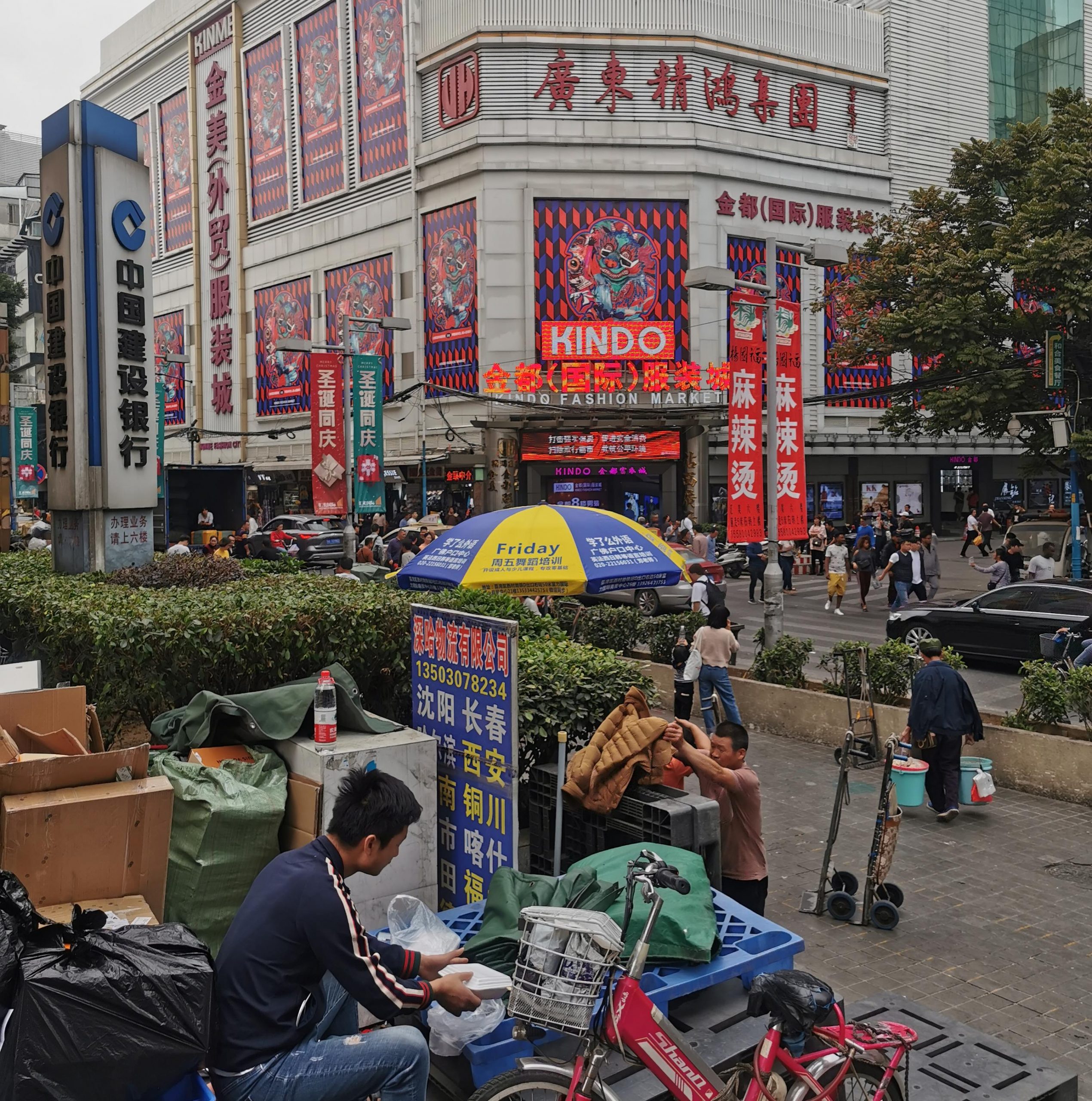Update on the commercial situation in China on 26 February 2020. Over the past week we have had some good news coming out of China with the number of new cases being reported falling and in some areas such as Shanghai and Beijing that has fallen to zero. Whilst that does bring the prospect of a return to business as usual we still have a long way to go.
Presently most factories are now saying they are ‘open for business’ but in practice in most cases this means the sales office is open for enquiries and orders. This is largely being achieved by staff working from home. It remains the case however that the majority of production lines remain closed. Most are hoping to commence production at the beginning of March with the exception of Hubei province which remains under strict lock down.
Whether this is achievable in practice remains to be seen. Many factory owners are telling us that their employees remain trapped in their hometowns and unable to return to their place of work. Large swathes of the country outside of Hubei remain under some sort of lock down with residents only allowed out every few days to buy food. We are hearing from people that this is gradually being relaxed in some areas but large gatherings (such as may be found in a production facility) are still prohibited in many places. The situation is further compounded by some factories which have re opened switching production to making face masks to meet the shortages in supply rather than there normal products. We believe in many cases it will be a further 2-3 weeks for factories to return to full production.
Regarding logistics air cargo remains the biggest problem with a shortage of capacity due to lack of available flights. We continue to see long delays and a significant hike in prices. Wuhan rail terminal remains closed with trans European trains being diverted to Xian. Shipping is still running and most ports are open and operating but many sailings have been cancelled leading to increased transit times and reduced choice but prices are remaining stable. Some ports such as Tianjin and Shanghai have no available plugins for reefers and there is also a shortage of reefers to move chilled and frozen goods. This is caused by a combination of a shortage of available road haulage and a closure of most warehouses due to restrictions and staff shortages.
What does this mean for UK customers? The situation is patchy and each case needs to be dealt with on an individual basis. It’s very important to keep in regular contact with your supplier and to get accurate information regarding their situation. One needs to be aware of the tendency for suppliers to put a overly optimistic positive slant on the situation which may not reflect the truth on the ground. Due to backlogs in production orders which are building we think there is likely to be problems with orders for Christmas 2020 with too many buyers competing for reduced volumes of supply. This is further compounded by some factories switching its production to face masks rather than their traditional products. If you are in this field we advise you plan well ahead and look for alternatives to your usual suppliers or you may face the prospect of empty shelves.
Finally for those looking to source elsewhere to circumvent the problems in China you may find it more difficult that anticipated. The reason is that China not only supplies finished products to the West it also supplies many components and parts to other Asian countries and many of these countries are already experiencing shortages. This is particularly being felt in the automotive industry where many factories are located in the Wuhan area and also in the telecommunications industry.

